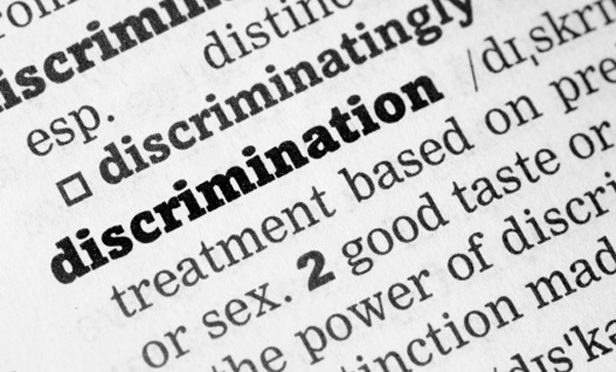Are you or your co-workers guilty of “unconscious discrimination”? Is your manager or supervisor guilty of “implicit bias” in the workplace? These terms and others like it are used in social science to describe the inherent nature of stereotyping that takes place in everyone. The issue courts are being confronted with on a more frequent basis revolves around whether evidence of this type of stereotyping can form the basis for liability under anti-discrimination laws.
How Does Implicit Bias Impact Employment Law?
The origin of the term “implicit bias” is unknown; however, one of the leading social scientists to study its impact, professor Anthony G. Greenwald, has explained that it is the unconscious attribution of particular qualities to a member of a certain social group. (See “Implicit Social Cognition: Attitudes, Self-Esteem, and Stereotypes,” by Greenwald and Mahzarin R. Banaji, Psychological Review (1995).) Greenwald believes implicit bias or stereotypes are influenced by experience, and are based on learned associations between various qualities and social categories, including race or gender. Individuals’ perceptions and behaviors can be affected by implicit stereotypes, even without the individuals’ intention or awareness. The example used by Greenwald to explain the phenomenon is the unconscious stereotype that all pit bulls are dangerous and have a propensity for violence. This stereotype, he explains, can be associated with a singular event in the person’s past, but the source of this association may be misidentified, or even unknown by the individual who holds them. Unlike explicit bias, which is typically the result of intentional, conscious and controllable thoughts and beliefs, implicit bias is activated by past experiences, some of which are wholly irrational.
This content has been archived. It is available through our partners, LexisNexis® and Bloomberg Law.
To view this content, please continue to their sites.
Not a Lexis Subscriber?
Subscribe Now
Not a Bloomberg Law Subscriber?
Subscribe Now
LexisNexis® and Bloomberg Law are third party online distributors of the broad collection of current and archived versions of ALM's legal news publications. LexisNexis® and Bloomberg Law customers are able to access and use ALM's content, including content from the National Law Journal, The American Lawyer, Legaltech News, The New York Law Journal, and Corporate Counsel, as well as other sources of legal information.
For questions call 1-877-256-2472 or contact us at [email protected]



